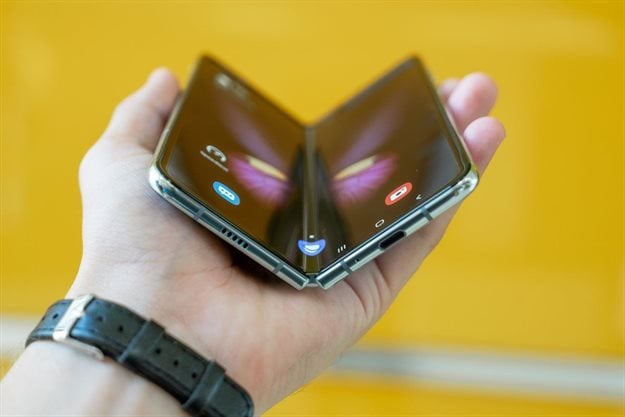MTN South Africa has confirmed that their new 5G network will go live in 2020. The company wanted to launch the service earlier but had to delay the launch due to delays in bringing 5G equipment into the country.

Photo by Mika Baumeister on Unsplash
According to Jacqui O’Sullivan, an MTN executive, the company had been preparing to launch a 5G network since 2019.
“We have proactively been modernising our radio network to be 5G ready and have also been upgrading all elements in the value chain – specifically the transmission and core networks that are an integral part of a 5G network,” O’Sullivan said in an interview. “Our core network was upgraded in 2019 to be 3GPP Release 15-compliant as part of 5G trials we’ve been running.”
This follows a trend seen around the world, as many telecommunications providers rush to make 5G available to different cities. In the US and Europe, the movement to expand 5G coverage has seen relative success since 2018. Meanwhile, here in South Africa, two other providers already offer 5G to their customers: Rain and Vodacom.
5G is up to 100x faster than 4G, and it offers lower latency and higher connection speeds. However, not all devices will be able to connect to the new networks.
Can you use 5G?
Not every smartphone will be able to connect to 5G networks. You need to look for smartphones that are 5G-enabled. The good news is that you don’t need a new SIM card to use 5G. All you need is an LTE SIM card, aka the same type you need in order to connect to a 4G network, which is likely the type you already have.
The bad news is that most of the 5G-enabled phones in the market are at the expensive end of the spectrum. The Samsung Galaxy S20 Plus, OnePlus 8 Pro, Motorola Edge Plus, Huawei P40 and the Huawei P40 Pro all come with 5G technology. Surprisingly, none of Apple’s new handsets — the iPhone 11 and its many variations — comes with 5G technology.
If you don’t have a 5G device and don’t want to pay a premium for one, don’t worry. As 5G coverage continues to grow, more and more companies are getting interested in developing budget 5G devices for consumers around the world.
What does 5G mean for you?
If you have a good internet provider, then you are probably used to having great mobile connection with your house’s WiFi, but less ideal connections everywhere else. The limitations of 4G technology make it harder to stream videos and play games on the go, and it limits what you can do as far as remote work goes. Dealing with text files and emails is fine. But if you’re a designer dealing with massive project files, relying on 4G will slow down your workflow.
The boost in speed provided by 5G can help solve those problems and offer a more seamless connection for users everywhere. However, the current impact of the technology is limited by the lack of 5G devices in the market. Until that changes, companies looking to strengthen their enterprise networks should look into other solutions, such as SD-WAN applications.
































